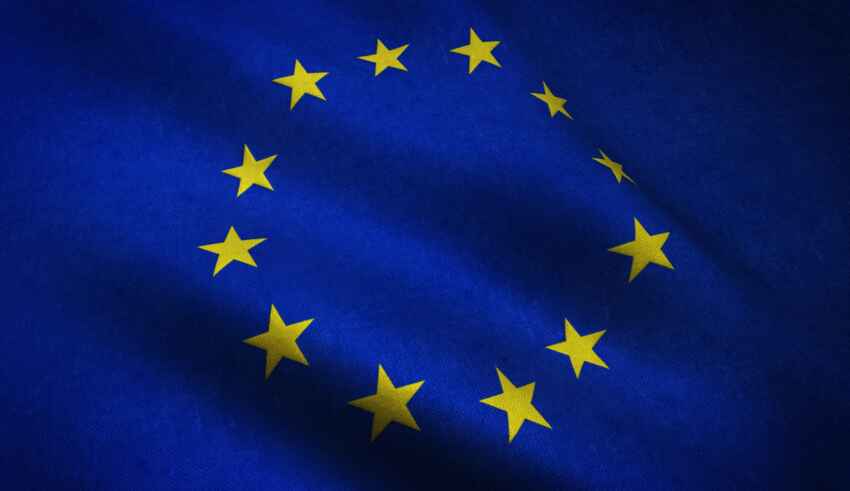
For the longest time, the European project, regardless of its composition, followed predictable dynamics where compromises stitched up by France and Germany were ultimately accepted by other member states with a relatively small margin for changes. However, the guiding influence of these two major members has been steadily deteriorating, prompting the emergence of a more dynamic power structure in response to recurring crises.
The EU’s transformation, influenced by three years of a pandemic and the Ukraine war, has resulted in a re-evaluation of priorities. Defence and eastward enlargement, previously dormant policy areas, have gained prominence, providing a fresh perspective from Ukraine’s neighbours in central Europe. The challenges posed by China’s rise and potential resurgent Trumpism in the U.S. have led to a reassessment of economic arrangements, often aligning with France’s statist approach. Climate imperatives reinforce the value of collective action, favoured by the quasi-federal institutions in Brussels. A change in the mainstream political landscape represents an additional element of destabilisation. Specifically, populists on the hard right are gaining influence across Europe ahead of the European Parliament elections in June, which risks destabilising the Union further.
Angela Merkel’s undisputed leadership on the continent has transitioned to Olaf Scholz as the new German chancellor, but he has so far been unable to exercise the same influence as his predecessor. With no clear leadership, the significance of players in current affairs depends on the issues at stake, particularly in defence and security, as evidenced by the situations in Ukraine and the Middle East. Central European countries, led by Poland and the Baltic states, found vindication after Russia’s invasion, influencing policy shifts such as EU-funded weapons for Ukraine and a renewed focus on enlargement. However, despite central Europe’s gained influence in defence matters, its voice is relatively unheard in other European policymaking areas.
Economic policy discussions increasingly align with French terms, driven by Macron’s call for strategic autonomy, reflecting a shift toward self-sufficiency amid global uncertainties. Germany’s absence on the European scene under Mr. Scholz’s leadership has favoured France in other areas too, thus impacting decisions on trade deals and budget deficit rules. Nonetheless, French leadership on its own is obviously insufficient to lead the whole of Europe. Given the void left by Britain and partially Germany, we have witnessed Brussels’ centralised institutions accumulate unprecedented power and influence, under Ursula von der Leyen’s leadership.
The European Commission, through the Next Generation EU recovery fund, has wielded influence over political and geopolitical matters, steering funds based on its priorities. The power of the European Commission extends to dictating how member states spend EU funds, using this authority as leverage, as seen in the cases of Hungary and Poland. It must be noted, however, that despite perceptions of a rising federal Europe, the Commission’s powers remain limited and often not as efficient as one would hope. In fact, the internal challenges stemming from the structure of EU institutions, including the democratic deficit, ineffective accountability mechanisms and misuse of veto powers all highlight the need for a strong political leadership to make the system work. Even the more so when the EU institutions face a possible reshape through European elections, where the far-right is expected to gain ground.
Ultimately, whilst dynamic power shifts within Europe may be seen as positive to an extent, even more democratic, in a time when Europe faces the challenge of staying relevant, a strong leadership that would stir the Union towards a clear direction, rather than having it stalled, is essential. This is so mainly for two reasons. Firstly, America’s leadership is weakening and European and American interests are arguably diverging. Secondly, China is gaining always more ground and its ability to impose a new world-order, together with its allies, including Russia, is becoming an always more concrete possibility. To this must be added all the global challenges that the European Union must face, including environmental, economic and social ones. In order to stand a chance of addressing at least some of these challenges and of preserving its influence on the global stage, the Union must first of all find a steady political leadership that would allow it to take decisive actions in its own interests.
By The European Institute for International Law and International Relations















